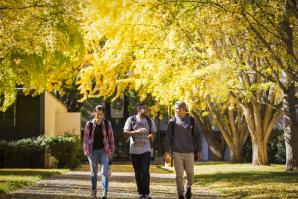
Sac State’s New Tool to Improve 4-Year Enrollment Rates
Tech platform helps students plan ahead, view financial aid implications
Studies show that students who graduate in four years see financial benefits, both by paying less tuition and being faster to boost their income by getting a better job, and they also tend to have higher GPAs.

Soil Born Builds a Pipeline
In 2004, four years after launching their first farm, the founders of Soil Born Farms Urban Agriculture and Education Project incorporated their group as a nonprofit to help others see the value of growing food within cities, spreading the philosophy of “healthy food for all.”
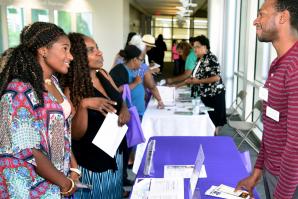
Say Yes
Yes 2 Kollege helps African-American students find an education and a career
Dee Lucien is waiting patiently. She’s on the shortlist for a spot in the prestigious doctoral program at UC Davis’ Betty Irene Moore School of Nursing, thanks to a full-ride scholarship she says she never would have known about if it hadn’t been for one local nonprofit.

Back and Forward: Randy Roberts on the Evolution of Museums
Randy Roberts, deputy director of the Manetti Shrem Museum of Art, offers her insight into the essential role of museums as community organizations.
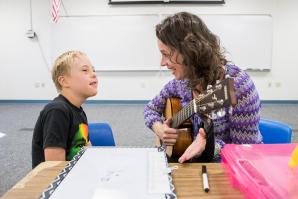
Striking a Chord
Music isn’t just good for the soul — it’s good for the heart, mind and body
Founded in 2000, Music to Grow On focuses on special-needs children and works in 20 school districts throughout the greater Sacramento region. Barth describes music therapy as “the use of music to reach non-musical goals,” which can include everything from communication and motor skills to memory and academics.
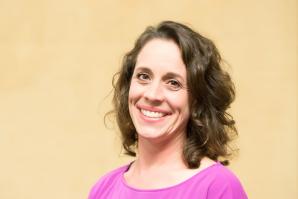
Back and Forward: Bessie Barth on the Role of Music in Therapy
Bessie Barth, director of Music to Grown On, offers her insight into the role of music therapy.

From the Editors: July Business Recap
Comstock’s monthly look at the business news in the Capital Region. So what happened in July (and the tail end of June)?

Students Design Cutting-Edge Solar Home
Two-year process by UCD students to construct house culminates with national competition this fall
Students at UC Davis are building a house. Not just any house, but a solar-powered house, one with the potential to be as affordable as it is innovative and, above all, energy efficient.
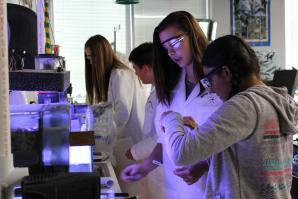
Science is for Kids
Proponents says Next Generation Science Standards will better prepare today’s workforce
Children at River Oaks Elementary School in Galt are more than just students. They’re scientists in the classroom and they do what scientists do — observe, ask questions, identify problems, gather data, analyze it and apply this knowledge in science, technology, engineering and mathematics to the real world.
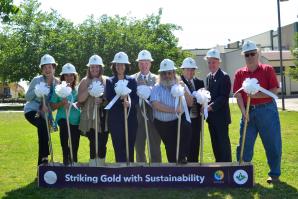
Sustainable Futures
Amador County program fosters environmental stewardship while putting the focus back on students
Under sunny skies at Argonaut High School in Jackson, representatives from the Amador County Public Schools system and OpTerra Energy Services recently celebrated the official groundbreaking of the Amador GOLD program. The public-private partnership combines school infrastructure improvement and energy-efficiency projects with STEM education for students.


